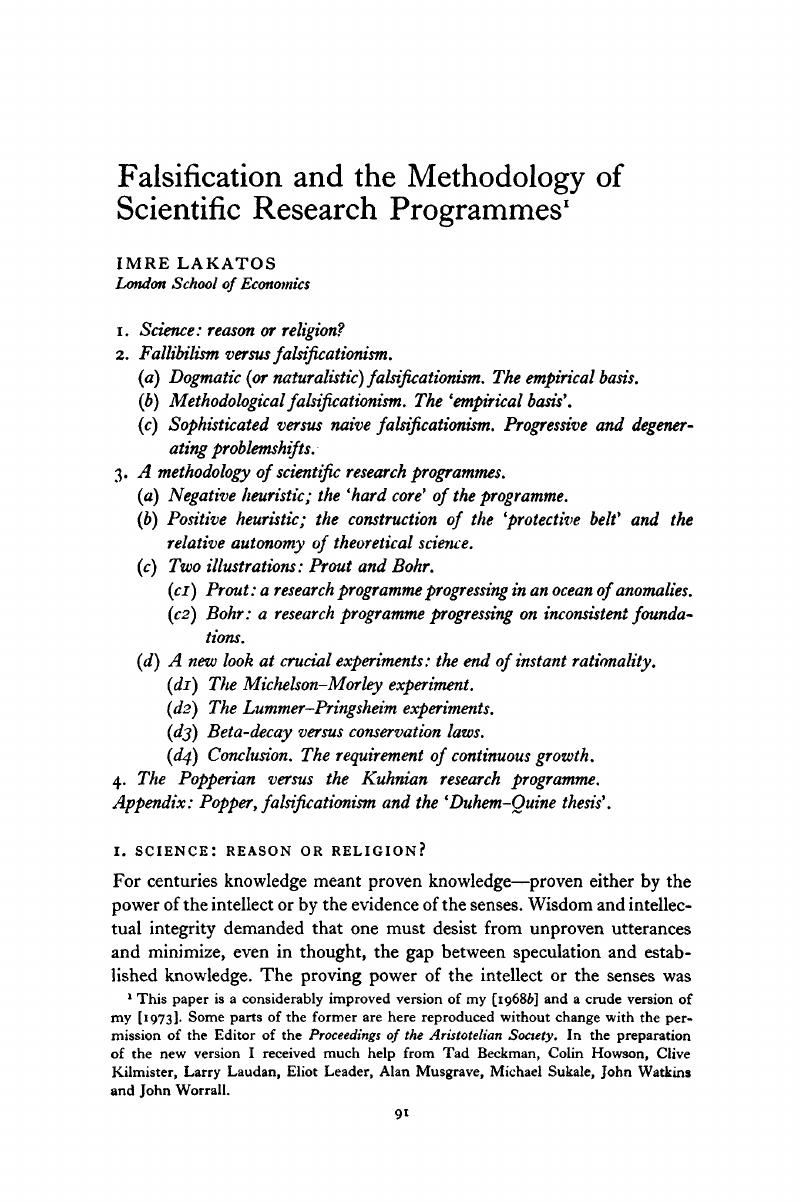
Groundbreaking Harvard Research Uncovers Surprising Connection Between Psychedelics and Brain-Immune System Dynamics
A recent study from Harvard Medical School has unveiled a remarkable relationship between psychedelic substances and the immune system, hinting at a transformative shift in our approach to treating anxiety disorders and inflammatory diseases. This pioneering research, recently published in the journal Nature, shows that hallucinogenic agents such as psilocybin and MDMA do more than merely affect neurotransmitters—they also influence immune system responses and alleviate inflammation caused by chronic stress.
Reconceptualizing the Psychedelic Action Mechanism
Historically, psychedelic research has concentrated heavily on these substances’ impact on neurochemistry—particularly serotonin pathways and neuronal connectivity. However, the latest discoveries by the Harvard team go beyond that, highlighting how chronic stress activates both neurons and immune responses, further exacerbating fear and anxiety. The research led by Dr. Michael Wheeler, an Assistant Professor at Harvard Medical School and a researcher at Brigham and Women’s Hospital, targeted the amygdala, a crucial brain region linked to fear and emotional learning.
“Our findings indicate that astrocytes in the amygdala utilize a specific receptor known as EGFR to curb stress-driven fear,” Wheeler noted. “When chronic stress disrupts this signaling, it sets off a sequence involving brain-resident and immune cells, which ultimately heightens fear responses. Intriguingly, psychedelic substances can reverse this entire mechanism.”
The Dual-Effect: Changes in Brain and Immune Systems
Among the study’s groundbreaking discoveries is the revealing extent to which stress activates a biological feedback loop connecting the brain to the immune system. Notably, chronic stress was found to enlist inflammatory monocytes—specialized immune cells—to migrate to the protective membranes surrounding the central nervous system (meninges). These immune cells subsequently discharged pro-inflammatory molecules, heightening fear reactions in the test animals.
However, upon administering psilocybin or MDMA to mice, researchers observed a significant decrease in both immune cell recruitment and fear behaviors. This indicates that psychedelics could potentially operate not just via psychological mechanisms but also by restoring immune system equilibrium.
Significance for Psychiatry and Beyond
This research signifies a major shift in the comprehension of psychiatric disorders like generalized anxiety disorder (GAD) and post-traumatic stress disorder (PTSD). Historically, treatments have focused on balancing neurotransmitters such as serotonin and dopamine. Yet, this study implies that chronic stress might also exploit immune signaling pathways, leading to maladaptive behaviors and emotional regulation challenges.
Employing a comprehensive methodology that integrated genetic analysis, brain tissue microscopy, and behavioral evaluations, Wheeler and his team shed light on the function of astrocytes—star-shaped glial cells—in facilitating communication between the brain and immune system.
Intriguingly, similar astrocyte dysfunction was noted in brain tissue samples from patients diagnosed with major depressive disorder (MDD), suggesting that the mechanisms identified in mice could also apply to human brains.
From Courtrooms to Cell Cultures: Dr. Wheeler’s Remarkable Journey
Dr. Wheeler’s fascinating pathway to discovery began in an unconventional environment—the Baltimore City Public Defender’s Office. There, he witnessed how external factors like abuse and trauma could significantly influence client behavior and thought processes.
“I perceived that the actions of our clients were profoundly intertwined with their life circumstances… which fueled my desire to comprehend the complexities of their thoughts,” Wheeler reflected.
This realization propelled him into the depths of brain function and eventually led him into the field of immunology. Despite holding a background in neuroscience, Wheeler ventured into an immunology lab with no previous experience—describing this choice as one of the most daunting yet fulfilling moments in his academic journey.
Towards Comprehensive Mental Health Solutions
The implications of this study reach far beyond psychiatry. If psychedelics can effectively “reset” dysfunctional immune responses in the brain, they might provide new avenues for treating inflammatory diseases that encompass neurological or psychiatric aspects—spanning autoimmune disorders to neurodegenerative diseases and treatment-resistant depression.
“I am enthusiastic about the potential to uncover brain-body communication pathways as a core aspect of physiology,” Wheeler remarked. “It appears we may be overlooking significant biological factors by concentrating solely on the brain.”
Wheeler also highlighted the importance of collaboration in achieving scientific advancements, pointing out that his lab thrives on diverse interdisciplinary contributions. By merging neuroscience with immunology, his research team is redefining existing perceptions about mental health and disease.
The Path Forward: Clinical Trials and Measured Hope
Although the outcomes are incredibly encouraging, researchers call for a degree of caution. The study was conducted on mice, and further research is necessary to assess whether these findings apply fully to humans. Clinical trials are currently in progress or in the planning phase to explore how psychedelics like psilocybin and MDMA affect individuals suffering from ailments characterized by both psychiatric and inflammatory symptoms.
Future research endeavors will also aim to identify which specific immune cell subtypes are influenced by psychedelics and